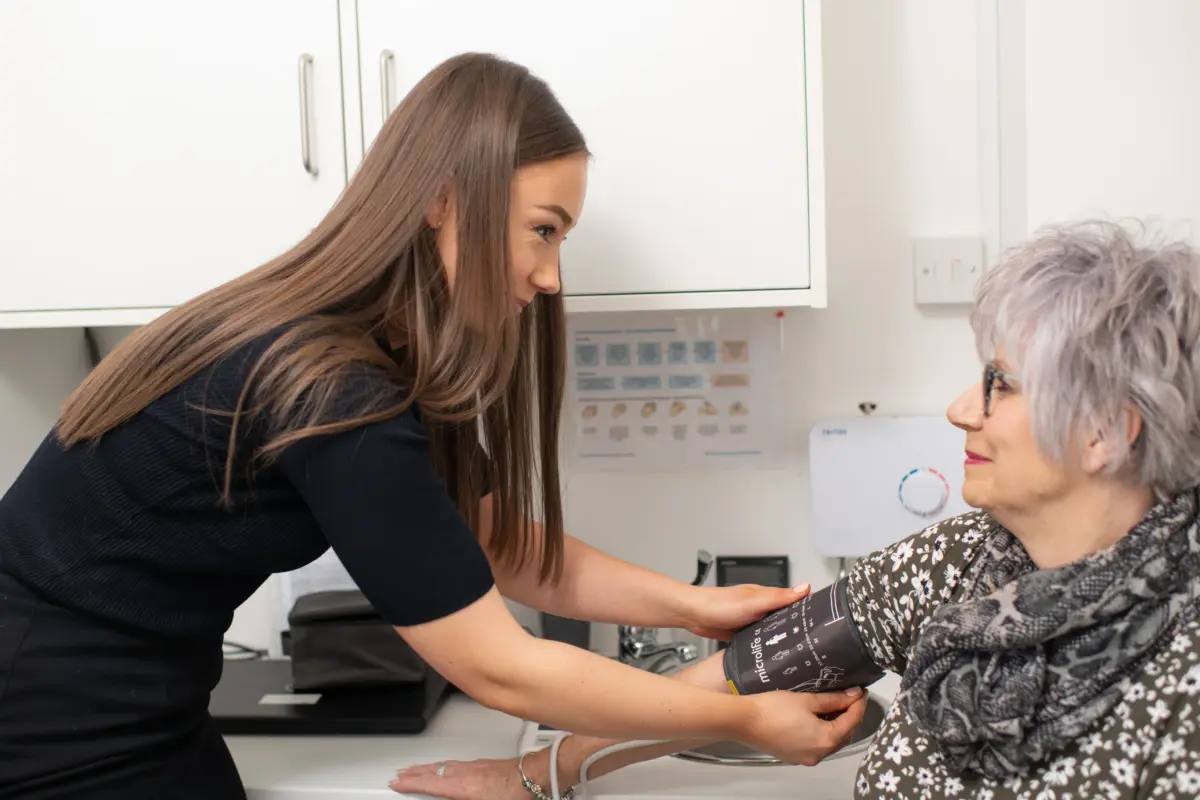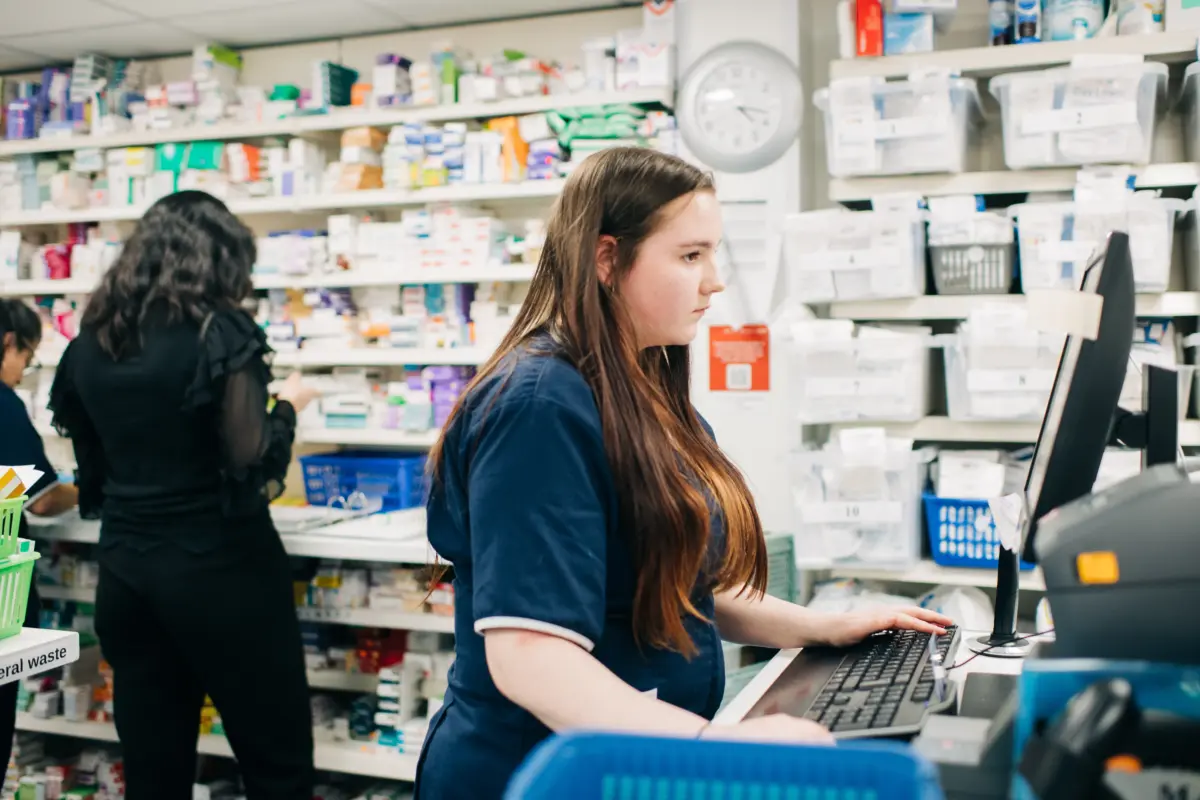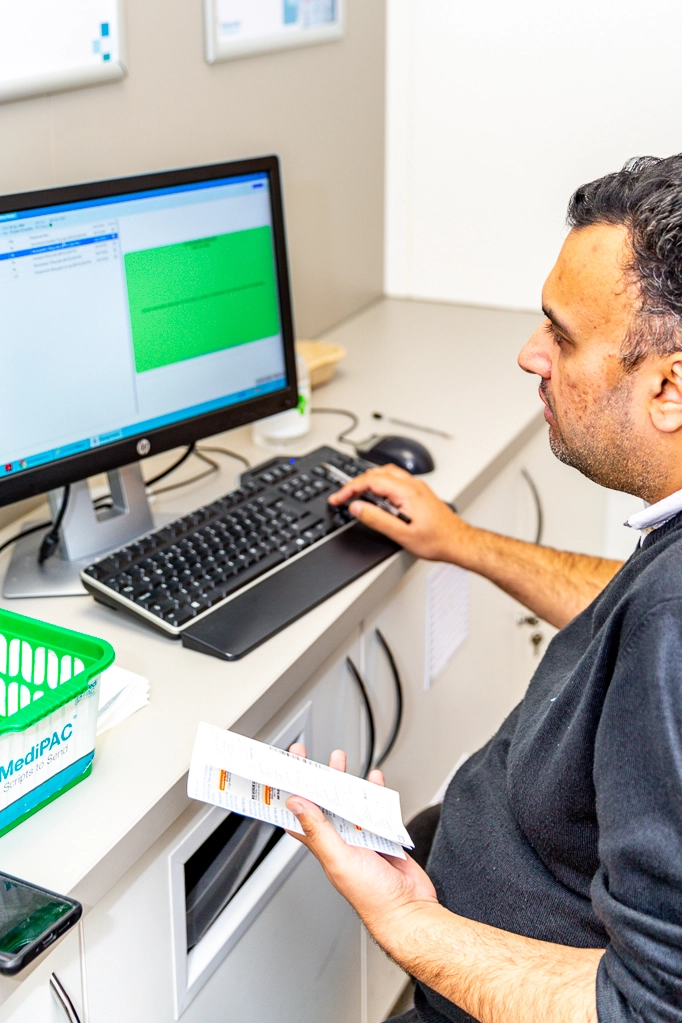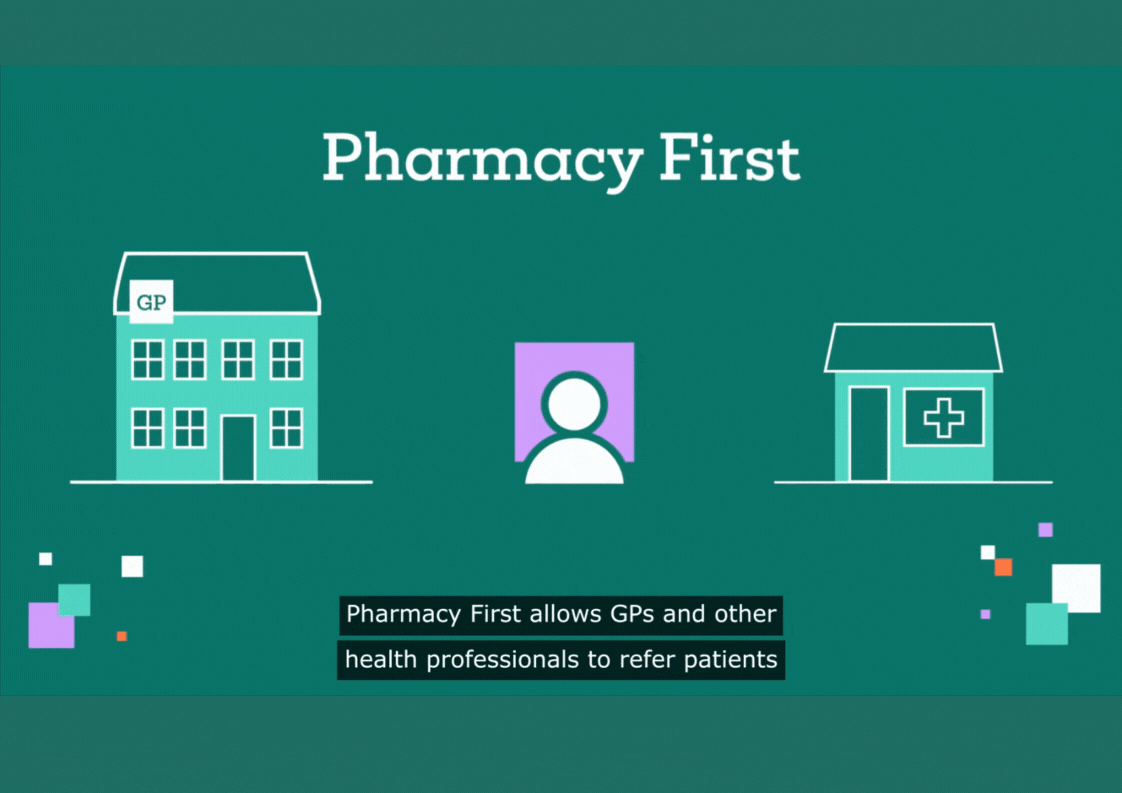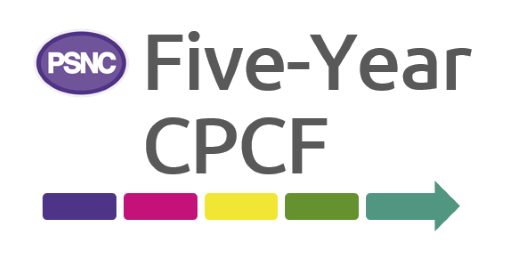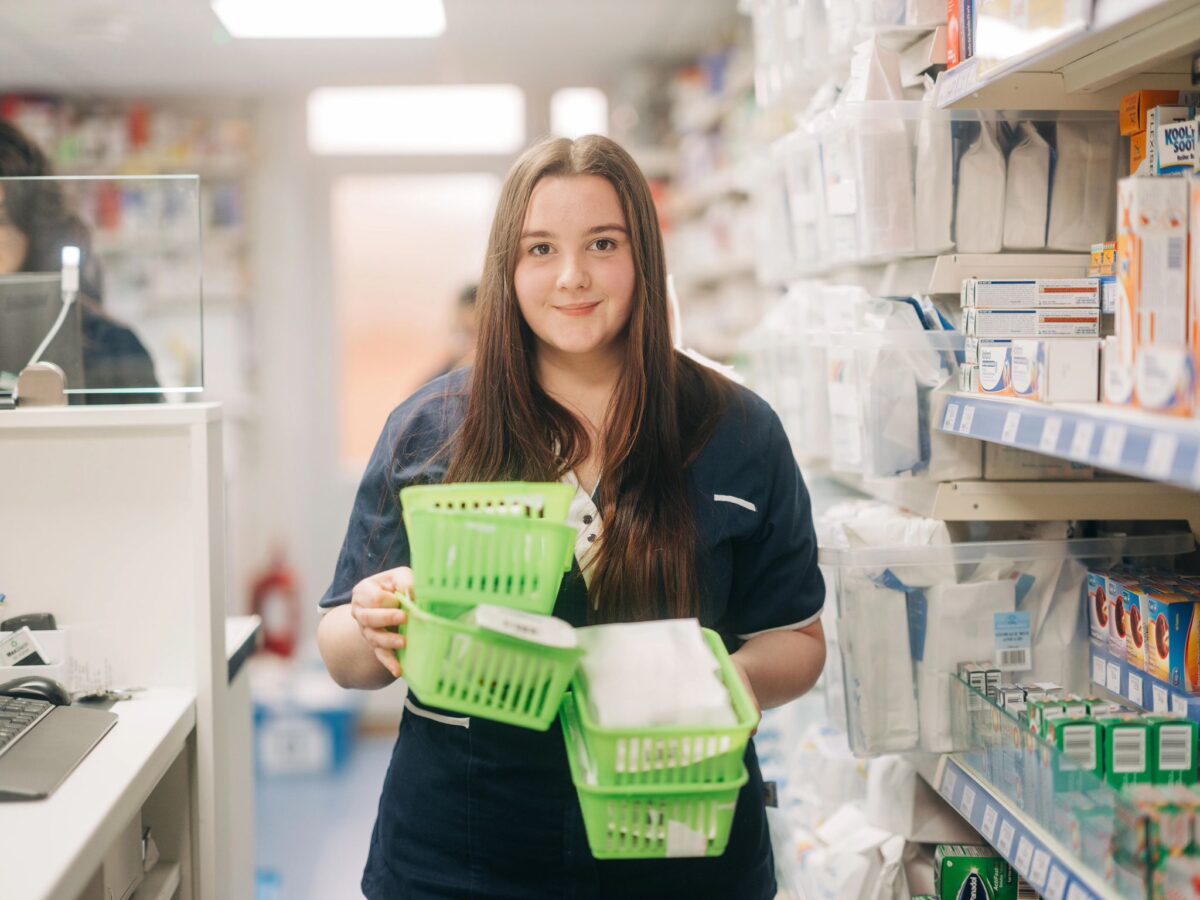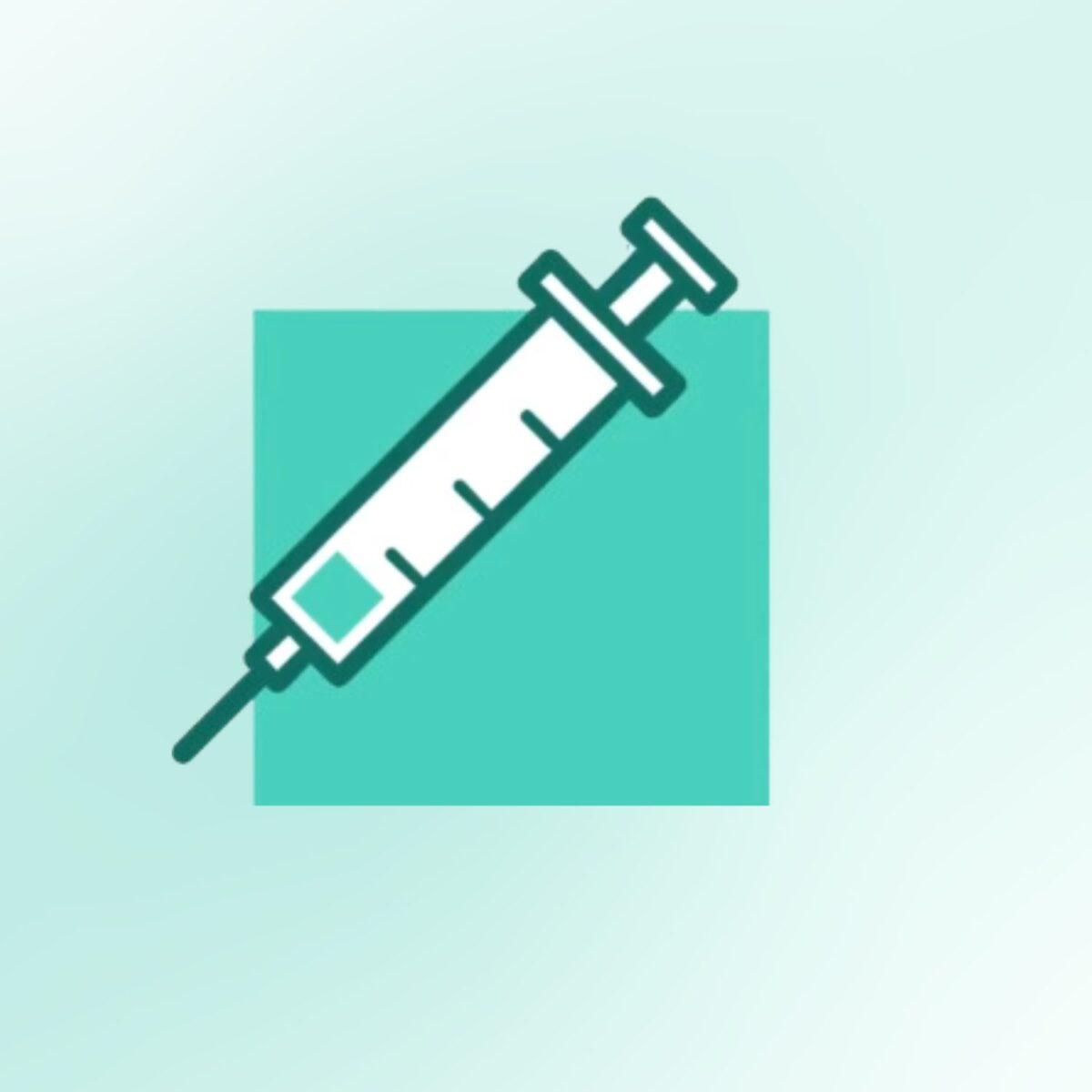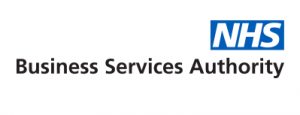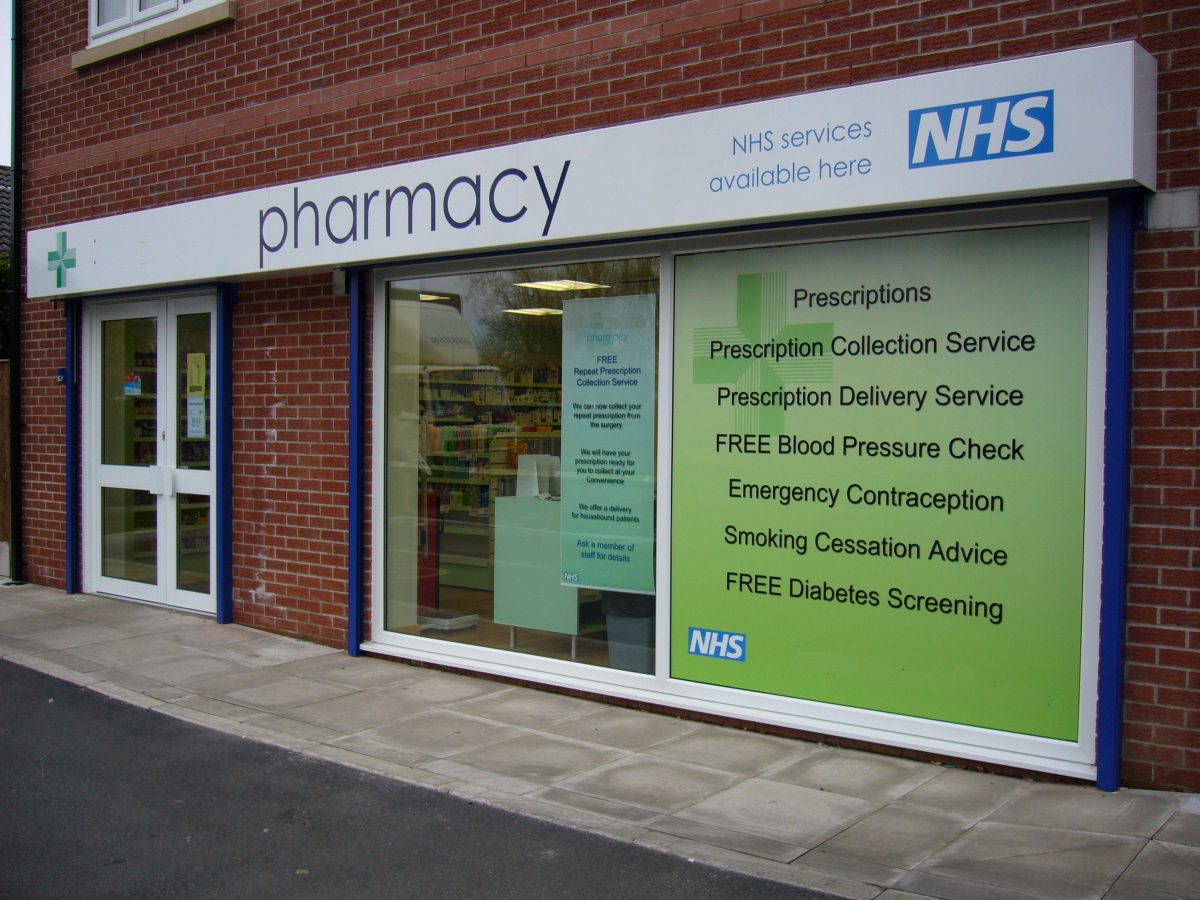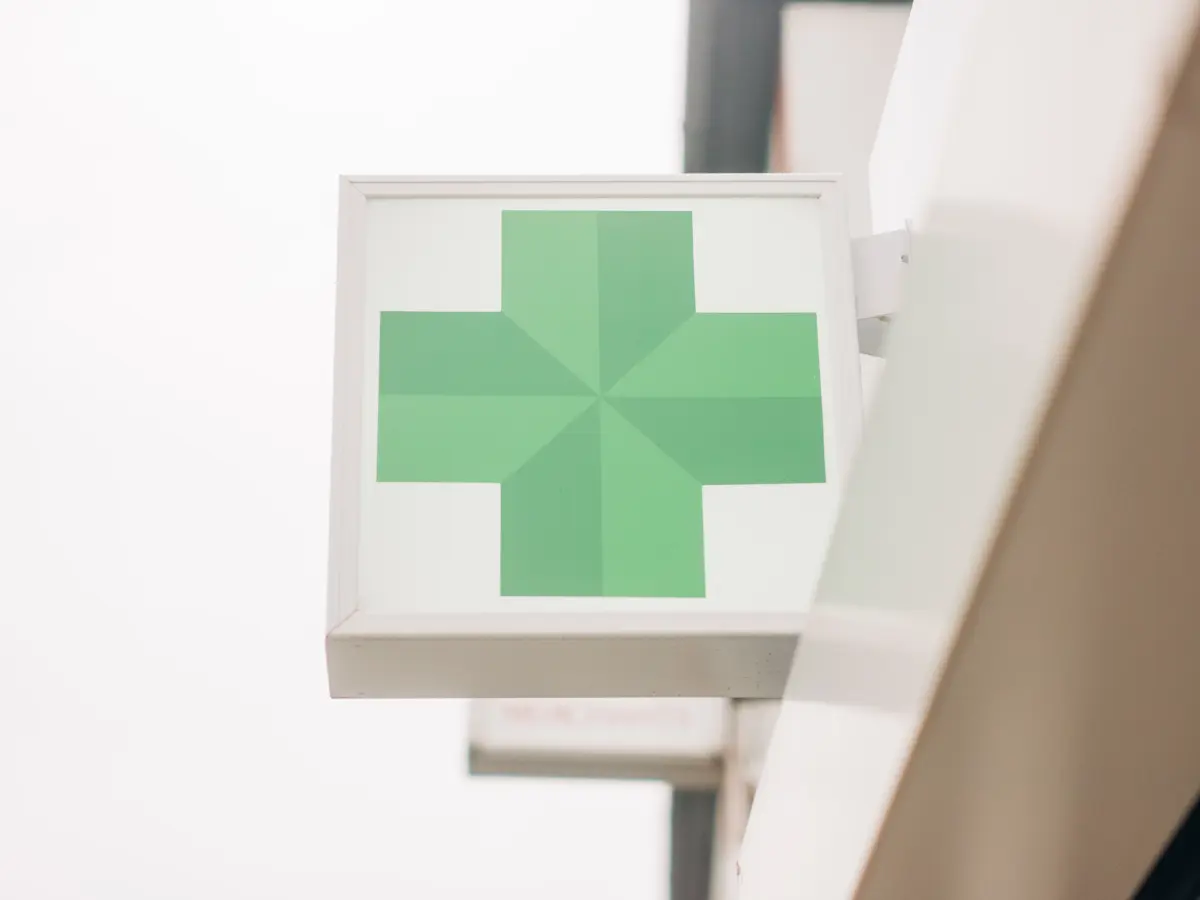Evaluation of the NMS
Published on: 10th July 2013 | Updated on: 15th March 2022
This page contains information on the Government-funded evaluation of the New Medicine Service (NMS) and other research and evaluations related to the service.
Evaluation of the service
Following the publication by the Department of Health (DH) of an Invitation To Tender (ITT) in respect of evaluating the New Medicine Service (NMS), a team led by The University of Nottingham in collaboration with University College London and Warwick Business School won the contract to undertake the evaluation.
The final report of the NMS evaluation was published on 14th August 2014 and can be downloaded from the NMS evaluation website.
PharmOutcomes data
Evidence taken from the PharmOutcomes platform has proven the impact the NMS is having on medicines adherence and in doing so provided key evidence to be used to help persuade the Government and DH of the value in commissioning it beyond April 2013.
An analysis was carried out by Gary Warner, chair of Community Pharmacy England’s service development subcommittee, on PharmOutcomes data covering NMS interventions provided to more than 224,000 patients between 1st October 2011 and 30th September 2012.
The analysis found that 31.9% of non-adherent patients became adherent to 31.5% of their medicines after the NMS intervention. It also showed that pharmacists gave 366,702 pieces of healthy living advice to patients while they provided the service.
Other key findings from the analysis included that:
- 99.6% of NMS patients were recruited directly by pharmacies, with the remainder referred by GP practices. In some areas the GP referral levels were much higher;
- 54.4% of NMS interventions were provided for patients prescribed medicines for hypertension, with 26.4% asthma/COPD, 11.3% diabetes and 7.9% anticoagulants/antiplatelet medicines;
- patients very rarely withdrew their consent to receive the service at the intervention stage; and
- patients on asthma and COPD medicines had the lowest incidence of side-effects, but those side-effects caused non-adherence at nearly twice the rate than in the other disease states.
Summary report on the PharmOutcomes NMS data (Nov 2012)
Full report on the PharmOutcomes NMS data (Nov 2012)
Research related to the service
Patients’ problems with new medication for chronic conditions (Qual Saf Health Care)
Patient-centred advice is effective in improving adherence to medicines (Pharm World Sci)

